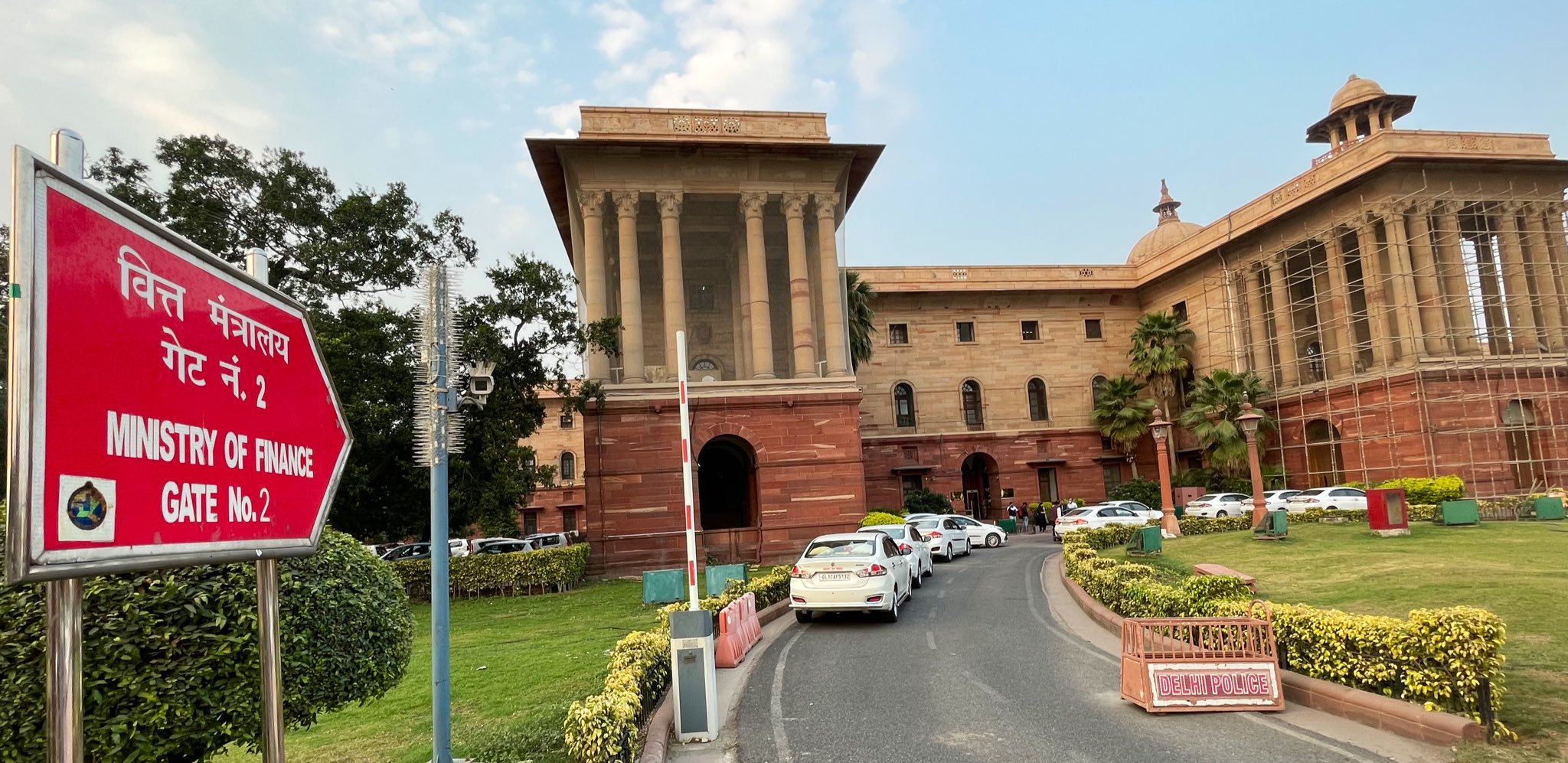NEW DELHI: India’s Finance Ministry has tightened the definition of beneficial owners under the anti-money laundering law, mandating reporting entities like banks and crypto platforms to collect information from their clients.
As per the amendments to the Prevention of Money Laundering Act (PMLA), 2002 any individual or group holding 10 per cent ownership in the client of a ‘reporting entity’ will now be considered a beneficial owner as against the ownership threshold of 25 per cent applicable earlier.
The amended rules were notified on March 7 by the Finance Ministry.
Under the anti-money laundering law, ‘reporting entities’ are banks and financial institutions, firms engaged in real estate and jewellery sectors. They also include intermediaries in casinos and crypto or virtual digital assets.
So far, these entities were required to maintain KYC details or records of documents evidencing the identity of their clients as well as account files and business correspondence relating to clients. They are required to maintain a record of all transactions, including the record of all cash transactions of more than Rs 10 lakh.
They will now have to also collect the details of the registered office address and principal place of business of their clients.
Nangia Andersen LLP M&A Tax Partner Sandeep Jhunjhunwala said the due diligence documentation requirements by reporting entities — which were hitherto limited to obtaining the basic KYCs of clients such as registration certificates, PAN card copies and documents of officers holding an attorney to transact on behalf of the client — have now been extended.
“The enhanced scope includes submission of details such as names of persons holding senior management positions, names of partners, names of beneficiaries, trustees, settlors and authors, as the case may be, depending upon the legal form of organisation.
“Also, the details of registered office address and principal place of business are now required to be submitted by clients to financial institutions, banking companies or intermediaries,” Jhunjhunwala said.
Reporting entities are, on commencement of an account-based relationship, mandated to identify the beneficial owners where the client is acting on behalf of its beneficial owner, he added.
“The term ‘beneficial owner’ was inter alia defined to mean ownership of or entitlement to more than 25 per cent of shares or capital or profit of the company. The threshold of 25 per cent is now reduced to 10 per cent, thereby bringing more indirect participants within the reporting net,” Jhunjhunwala said.
As per the modified PMLA Rules, reporting entities are also now required to register clients being non-profit organisations on the DARPAN portal of Niti Aayog and are mandated to maintain the registration records for a period of 5 years from the closure of the business relationship or closure of the account, whichever is later.
The definition of a non-profit organisation has been amended and linked to the definition of charitable purpose provided under Section 2 (15) of the Income Tax Act, 1961.
“The newly extended record-keeping requirements would go a long way in discovering money laundering activities, which taints the social and economic fabric of the country,” Jhunjhunwala added.
Source: Press Trust of India



